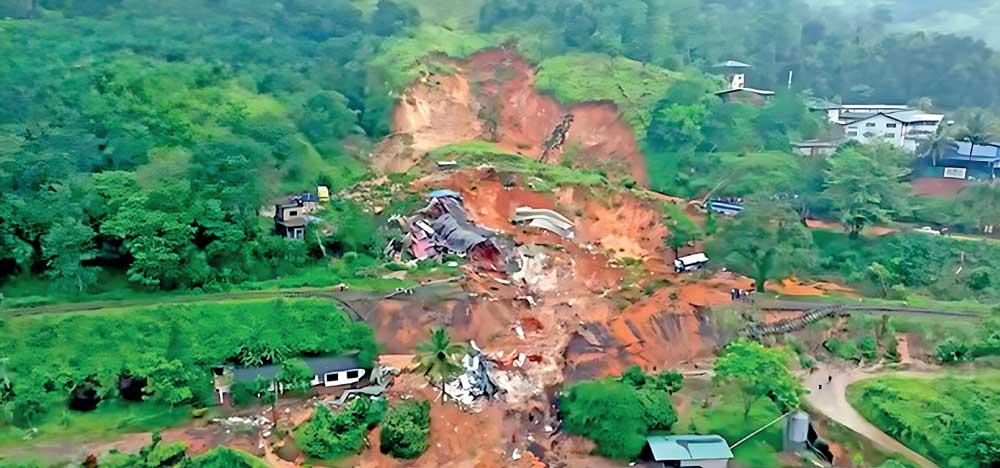Who killed Wijeweera?
November 15, 2017
Editorial The Island
Leader of the JVP trade union wing, Lal Kantha, has called for an investigation into attacks on protests against the Indo-Lanka Peace Accord and the killing of JVP founder leader Rohana Wijeweera, in the late 1980s. Claiming that he once met the late Maj. Gen. Janaka Perera, in Anuradhapura, and the latter denied any involvement in the killing of Wijeweera, Lal Kantha has demanded to know who killed the JVP leader while in custody.
The JVP should have sought an answer to that question while it was savouring power as part of the Kumaratunga government, for about one year, from April 2004. But, a probe into its leader’s execution did not figure high on its agenda then. An opportunity presented itself, again, for the JVP to have an investigation ordered following the 2015 regime change. It had representation in the National Executive Council, which consisted of those who had thrown in their lot with Maithripala Sirisena in the presidential fray.
An investigation into the barbaric incidents in the late 1980s will shed light on the JVP’s heinous crimes as well. JVP death squads murdered many civilians including university teachers, students, Buddhist monks, trade union leaders, politicians, family members of the armed forces personnel and even people who voted at elections.
Lal Kantha has said nobody has claimed the responsibility for killing Wijeweera and JVP cadres though several persons boasted of having eliminated the LTTE leadership. No one usually claims the credit for extra-judicial killings, but the identities of those who were responsible for crushing the JVP uprising as well as the savage methods they employed to achieve that end are only too well known; they included some prominent members of the Premadasa Cabinet. Suffice it to say that the JVP joined forces with some of them to engineer the 2015 regime change!
Lal Kantha tells us that about 60,000 JVP cadres were killed by the security forces, police and the UNP vigilantes. Yes, many JVP activists and youth suspected to have JVP links were abducted, tortured and murdered, but the death toll at issue, in our book, is grossly exaggerated. The claim of 60,000 deaths can be traced to Mahinda Rajapaksa, who worked as a human rights lawyer in the late 1980s. Asked by a foreign journalist how many people had been killed during the reign of terror, Rajapaksa plucked a figure out of the air; he said 60,000!
Wijeweera, who may be considered the father of post-Independence political violence, plunged the country into a bloodbath in the late 1980s as part of his campaign against the establishment of provincial councils. He had many people killed and made thousands of party activists commit hara-kiri in the name of that cause. He also promised to dislodge the capitalist UNP government and install a socialist regime. His utopian dream became a dystopian nightmare for the hapless public. But, today, his party has representation in provincial councils! Its present-day leaders are playing softball with the very UNP bigwigs whom they once accused of carrying out extra-judicial killings.
Newton’s third law is said to apply to some phenomena outside the realm of physics. In armed conflicts, too, for every action, there is an equal and opposite reaction. But, in most situations, response to violence tends to be disproportionate to the actual threat as evident in the counter terror operations in the late 1980s. The JVP sowed the wind and reaped the whirlwind. Wijeweera became a victim of the tornado of political violence he triggered.
Wijeweera took the spree of anarchical violence to such a level that eventually people themselves demanded an end to it. The then government stepped up counter terror operations, which paralysed the country. In times of war laws are said to fall silent—inter arma enim silent leges. The rest is history.
We don’t think the JVP is serious about having the killing of its founder leader probed. For, it doesn’t want a can of worms opened up for its current leaders and their newfound friends in the UNP-led government. So, it is highly unlikely that the identities of the killers of Wijeweera will ever be legally established.







No comments:
Post a Comment